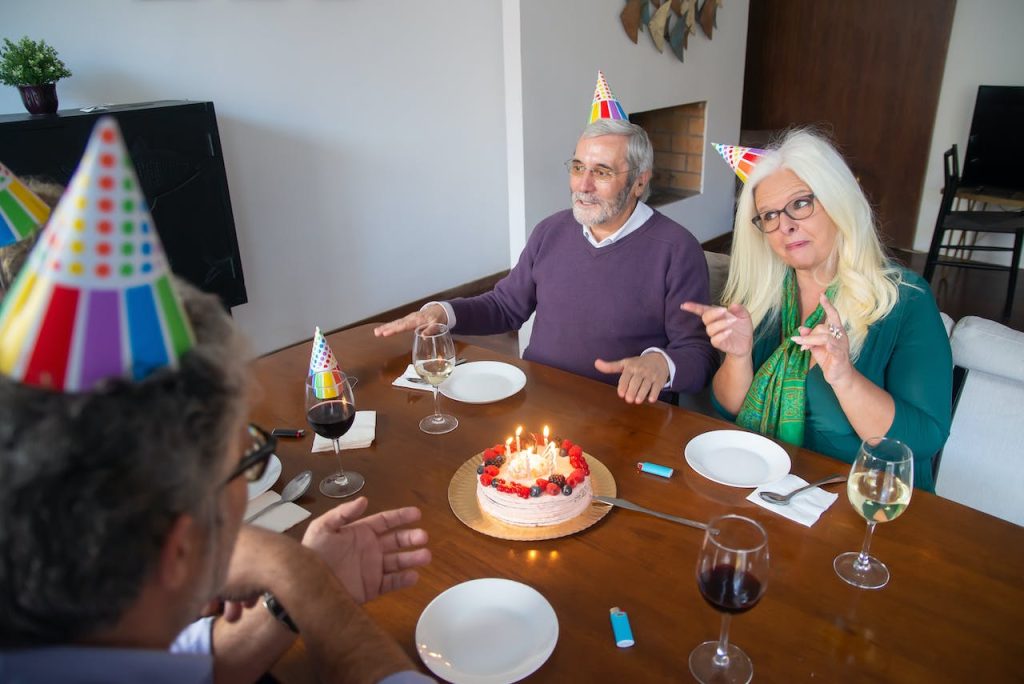Let’s dispel the notion of romanticizing the caregiver role and delve into the complexities that caregivers encounter daily. While it remains a noble endeavour, we must recognize the difficulties that caregivers endure to provide honest support and understanding. A challenge that is common among caregivers is the caregiver burnout, a state of physical, mental, and emotional exhaustion often experienced by those who provide care for others. Each caregiver’s journey is unique, influenced by factors such as the nature of the caregiving role, the intensity of care required, and the duration of caregiving. Now let’s address it step by step.
Caregiver burnout is more than experiencing exhaustion, it affects your overall well-being. The reason why many caregivers may not even notice that they are going through caregiver burnout is because of how consuming it can be to take care of your loved one. So if you are a caregiver, go through this list and see if it resonates with you.
-
Physical exhaustion:
-
Feeling constantly tired, lacking energy, and experiencing frequent headaches or body aches.
-
-
Emotional exhaustion:
-
Feeling overwhelmed, emotionally drained, and irritable.
-
Mood swings and increased sensitivity are also common.
-
-
Sleep disturbances:
-
Difficulty falling asleep, staying asleep, or experiencing insomnia due to worries and stress.
-
-
Changes in appetite:
-
Significant changes in eating habits, such as overeating or loss of appetite.
-
-
Increased anxiety and depression:
-
Feeling constantly on edge, experiencing racing thoughts, and feeling hopeless or sad.
-
-
Lack of focus:
-
Difficulty concentrating, making decisions, and remembering important details.
-
-
Neglecting personal needs:
-
Neglecting one’s own self-care, personal interests, and hobbies.
-
-
Withdrawal from social activities:
-
Avoiding social interactions, isolating oneself, and feeling disconnected from friends and family.
-
If you find that some of the points mentioned above strike a chord with you, it’s possible that you are experiencing caregiver burnout. Experiencing caregiver burnout may result from insufficient support, limited respite options, and neglecting self-care practices. So it is essential to understand that you are not to blame for experiencing these emotions and challenges. Remember that you are not alone.
“I’ve given up the things I used to do for myself like swimming and singing in a choir because it felt selfish to be doing those things when everyone needs so much and I don’t really see my friends anymore because I’m always on call really. There doesn’t seem to be enough time to do everything.” says a single mum taking care of her father with dementia
Recognizing that seeking help is not a sign of weakness, but a crucial step in preserving well-being and the quality of care provided to loved ones, is essential. Healing from caregiver burnout is not easy, nor is it a linear process, as coping experiences differ for every caregiver.. But some common strategies that helped caregivers are these given below.
-
Seek Support:
-
Reach out to friends, family, or support groups to share your experiences and feelings.
-
Talking to others who have been through similar situations can be immensely comforting and validating. You can find many online support groups that may help.
-
-
Delegate Responsibilities:
-
It’s essential to recognize that you don’t have to do everything alone. Delegate tasks to other family members or consider hiring professional help to ease the burden.
-
-
Take Regular Breaks:
-
Schedule time for yourself to rest, engage in hobbies, or pursue activities that bring you joy and relaxation. Self-care is crucial for maintaining emotional balance.
-
-
Maintain Healthy Habits:
-
Prioritise proper nutrition, regular exercise, and adequate sleep to keep your physical and emotional health in check.
-
-
Set Realistic Expectations:
-
Understand that you cannot control every aspect of the caregiving journey. Set realistic expectations for yourself and be gentle when things don’t go as planned.
-
Caregiver burnout is a complex issue that requires recognition, understanding, and proactive measures. By acknowledging the experiences related to burnout, recognizing the signs and symptoms, promoting self-compassion, and implementing effective coping strategies, caregivers can prioritise their well-being while continuing to provide care for their loved ones. Remember, caregiver burnout does not define the caregiver but rather highlights the importance of self-care and support systems.
Visit our LinkedIn page for the latest updates on our company, including exciting developments and new offerings. Stay informed and connected with us as we continue to grow and provide valuable learning opportunities for professionals in caregiving industries.






